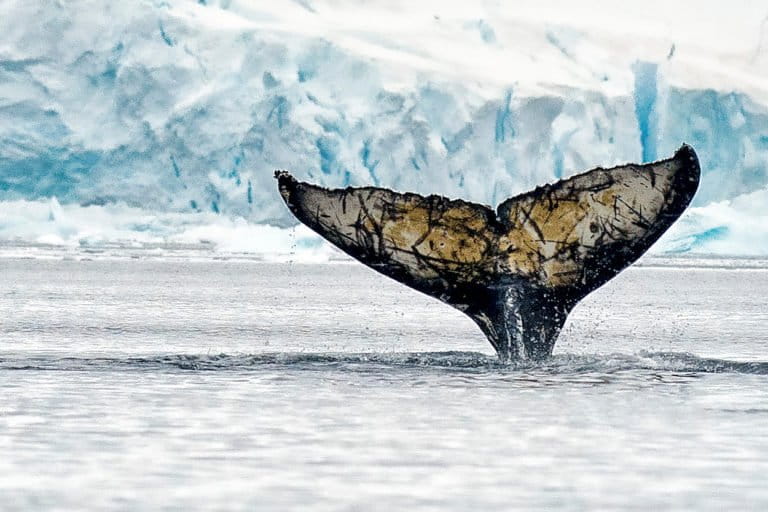A landmark global treaty to curb billions of dollars in government subsidies for overfishing took effect on Sept. 15, Mongabay contributor Elizabeth Fitt reported.
The agreement marks the first time the World Trade Organization (WTO) has approved an environmental sustainability agreement in its 30-year history. The deal came into effect after Brazil, Kenya, Tonga and Vietnam ratified it, bringing the total number of accepting countries to 111, the two-thirds majority needed among the WTO’s 166 members.
Governments worldwide channel an estimated $35 billion toward the fishing sector, but a 2019 study showed that $22 billion of that, or 63%, supports harmful practices. The treaty, known as Fish One, bans subsidies for illegal, unreported and unregulated (IUU) fishing as well as fishing of already overfished stocks. It also prohibits subsidies for fishing in international waters, also known as the high seas.
“There are weaknesses and gaps, and there’s still work to be done, but this is the start of the WTO trying to have a positive impact on environmental sustainability,” Daniel Skerritt, senior analyst at the U.S. marine conservation nonprofit Oceana, told Fitt.
Fish Two, the more challenging second part of the treaty, remains under negotiation with another four years to reach an agreement. The treaty was split into two after countries stalled over disagreements on subsidies that expand fishing fleets, which could eventually lead to overfishing.

More than one-third of the world’s fish stocks are overfished, and half are categorized under the limit of being “maximally sustainably fished,” according to the U.N. Food and Agriculture Organization.
According to Ranja Sengupta, senior researcher with the Malaysia-based Third World Network, small-scale fishers in poorer countries risk being unfairly classified under the IUU category because they lack registration systems or formal reporting mechanisms.
Partly in response to that concern, the WTO created a Fish Fund to help poorer nations develop the data collection and fish stock management required by the treaty. Seventeen nations have already pledged at least $18 million of the $20 million target for the fund.
The Fish One treaty allows governments to continue subsidizing overexploited stocks if they can show they have “sufficient management measures to facilitate their recover,” Skerritt said.
That exception may give wealthier nations more flexibility without necessarily having more sustainable fisheries. “This introduces a strong element of inequity into the agreement,” Sengupta told Fitt.
Fish One took 21 years to negotiate, but will expire if an agreement on Fish Two is not reached within four years.
Read the full story by Elizabeth Fitt here.
Banner image: Fishers unload bycatch from an industrial fishing vessel in southern Thailand. Image © Biel Calderon/Greenpeace.














